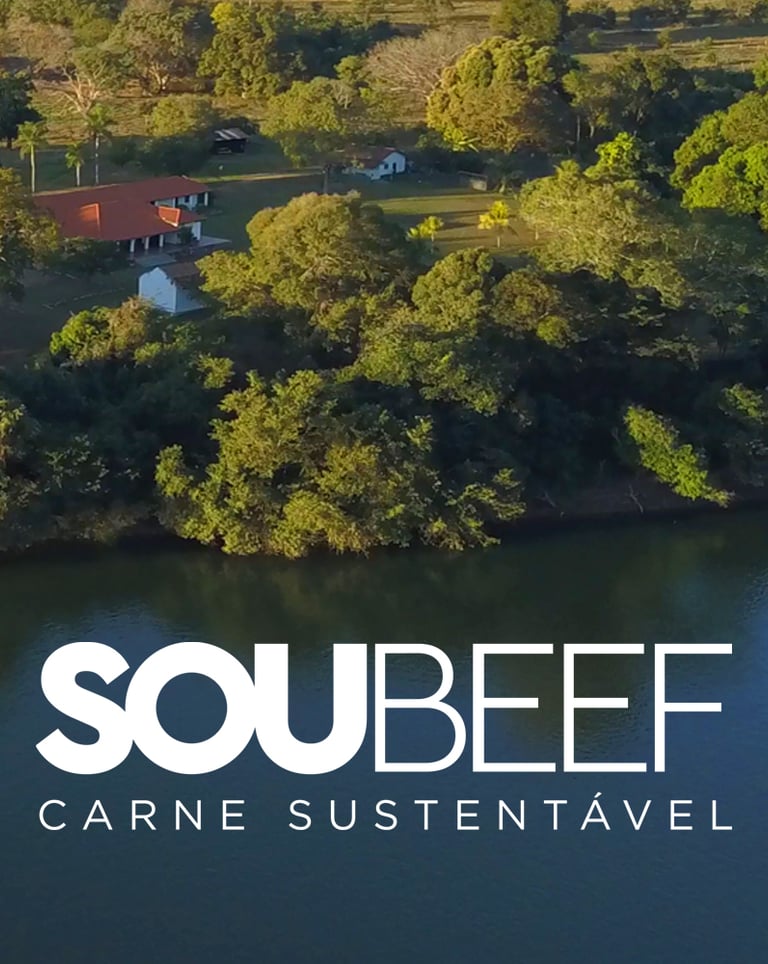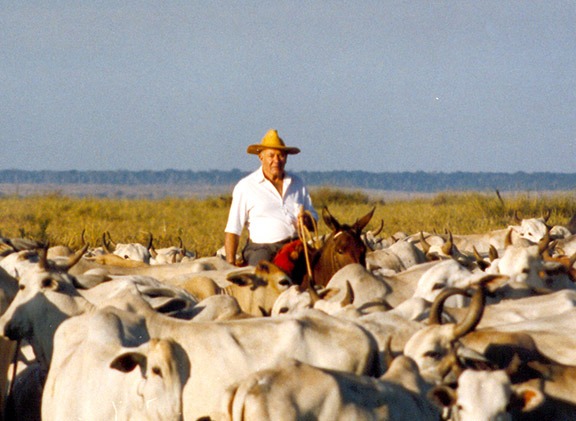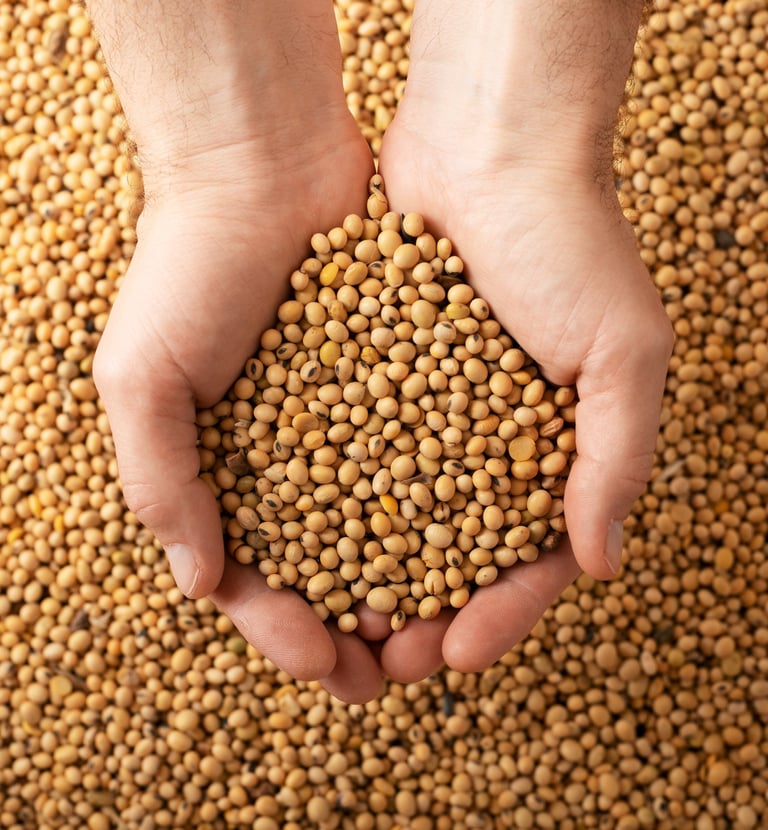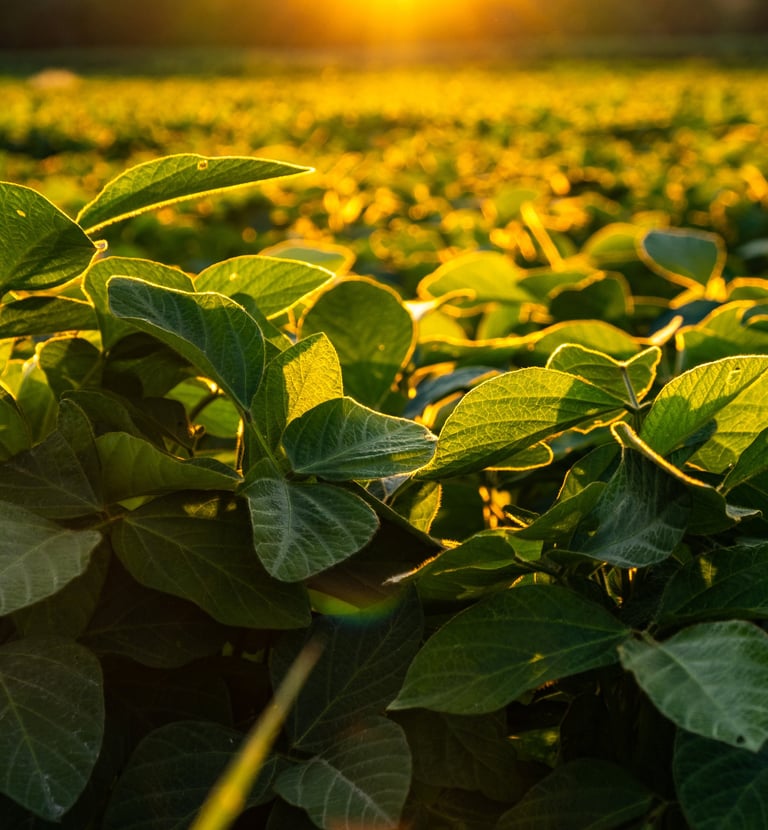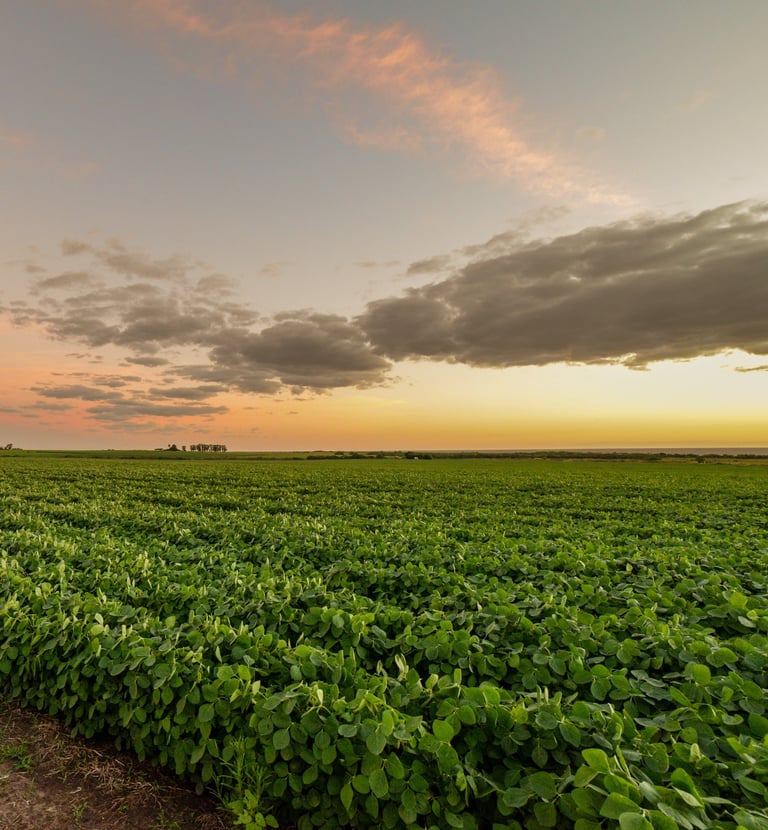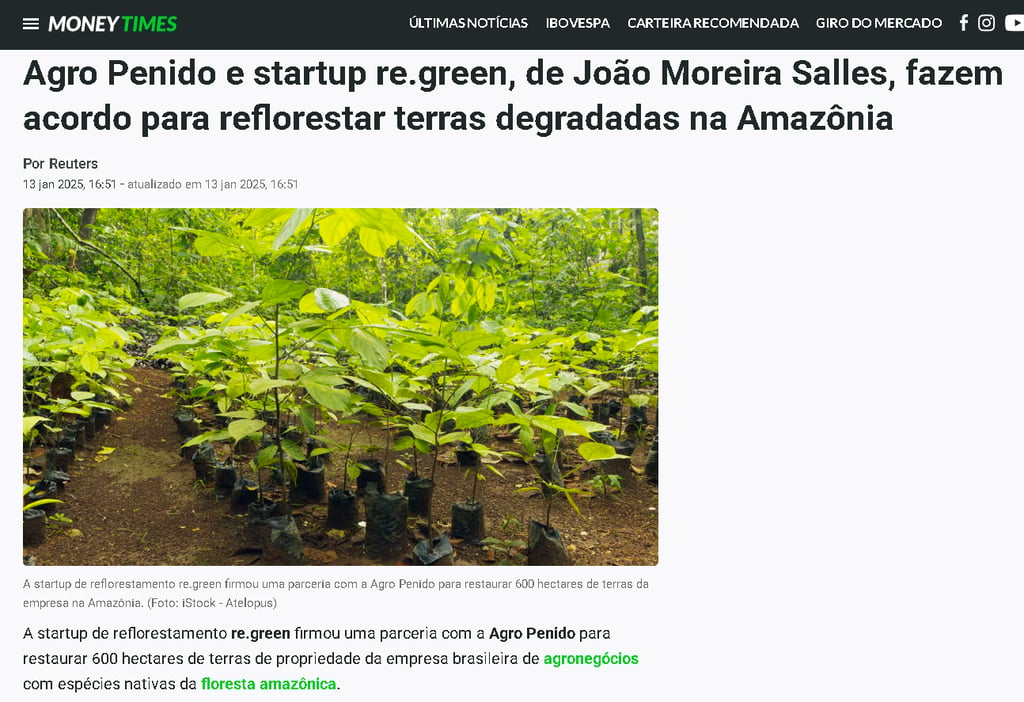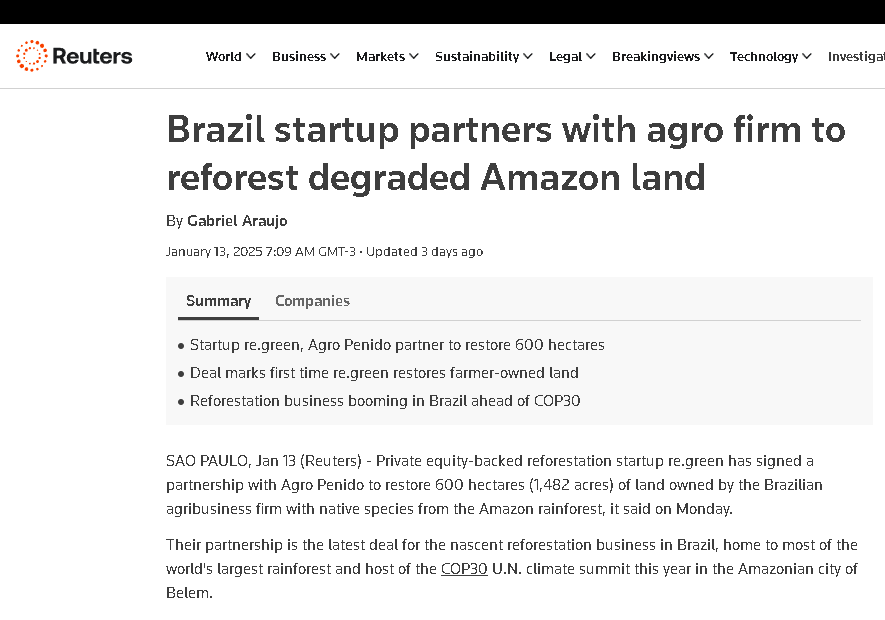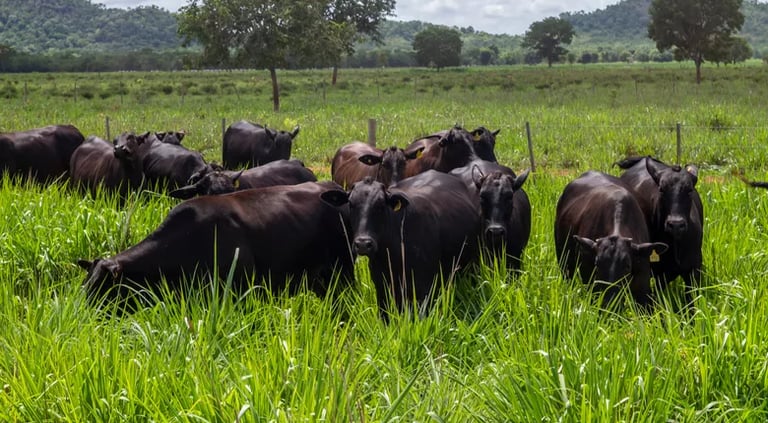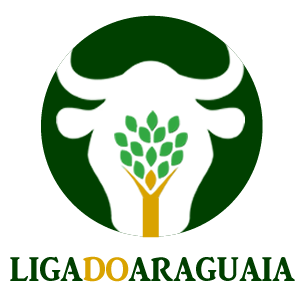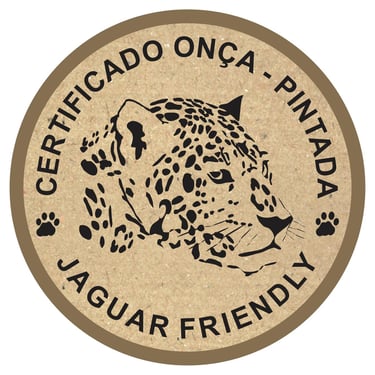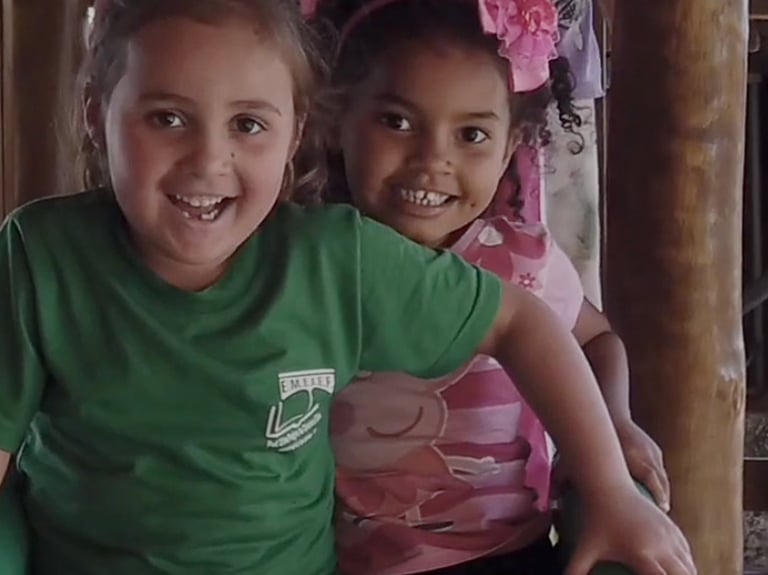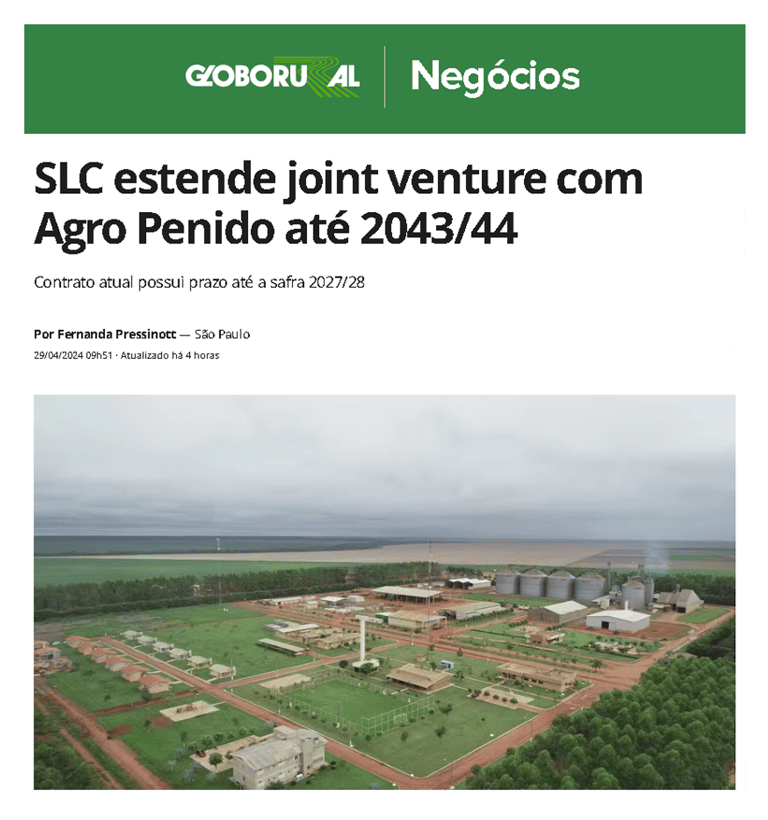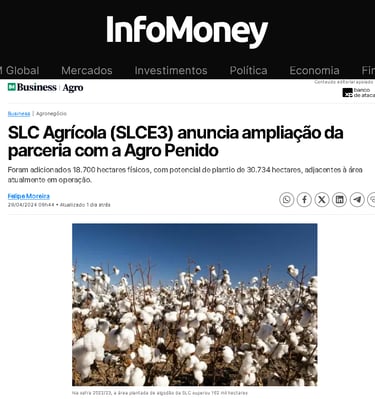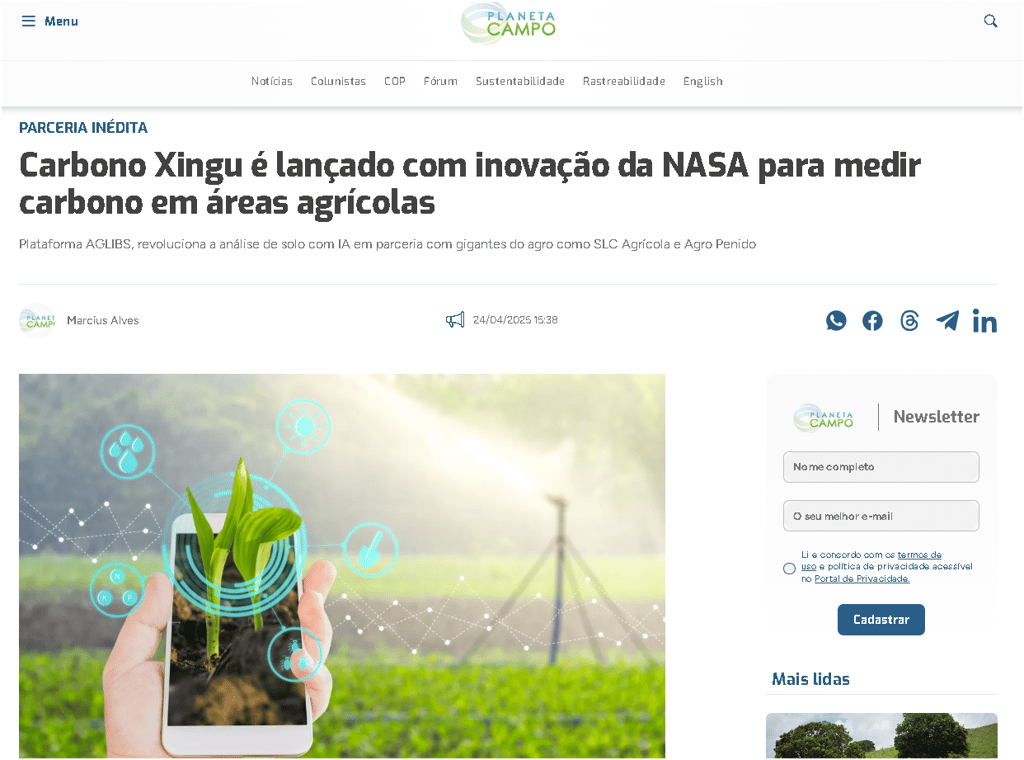With a development-driven vision, the surveyor began his successful career in civil construction in the late 1930s, contributing to projects such as the construction of Via Dutra, the Sorocabana Railway, the paving of Raposo Tavares Highway, and the building of Brasília. Eventually, he became the owner of Serveng, the company where he worked.
This pioneering spirit laid the foundation for Fazenda Roncador, established by him and recognized as one of the largest agricultural enterprises in Brazil.
From early on, he also involved his family in daily operations, especially his grandchildren, who are responsible for carrying on this legacy to this day.
Continuity
In a second phase of transformation, in 2012, following the passing of the patriarch, leadership passed to his daughter, Rosa Penido Dalla Vechia, who implemented a bold governance model. We also increased investments in crop-livestock integration, developing an AgroEnvironmental model that became a regional benchmark.
Among many initiatives, we participated in the Araguaia Carbon Project, which demonstrated that implementing Crop-Livestock Integration (CLI) on degraded lands improved soil carbon stocks and increased food production—contributing to a pioneering sustainable model in Brazil in 2015.
This investment also supported the development of the municipality of Querência, in the Araguaia and Xingu Valleys.
Currently, in our third phase, managing an area equivalent to two-thirds of the former Fazenda Roncador, we continue—partnering with SLC Agrícola—to pursue modern management focused on diverse, highly productive crops while maintaining strong agro-environmental practices.
Thus, we remain connected to our roots, grounded on the farm, and committed to promoting a better Brazil. We are guided by ethics, sustainable development, wildlife conservation, high productivity, improved greenhouse gas balance, and fair labor practices.



